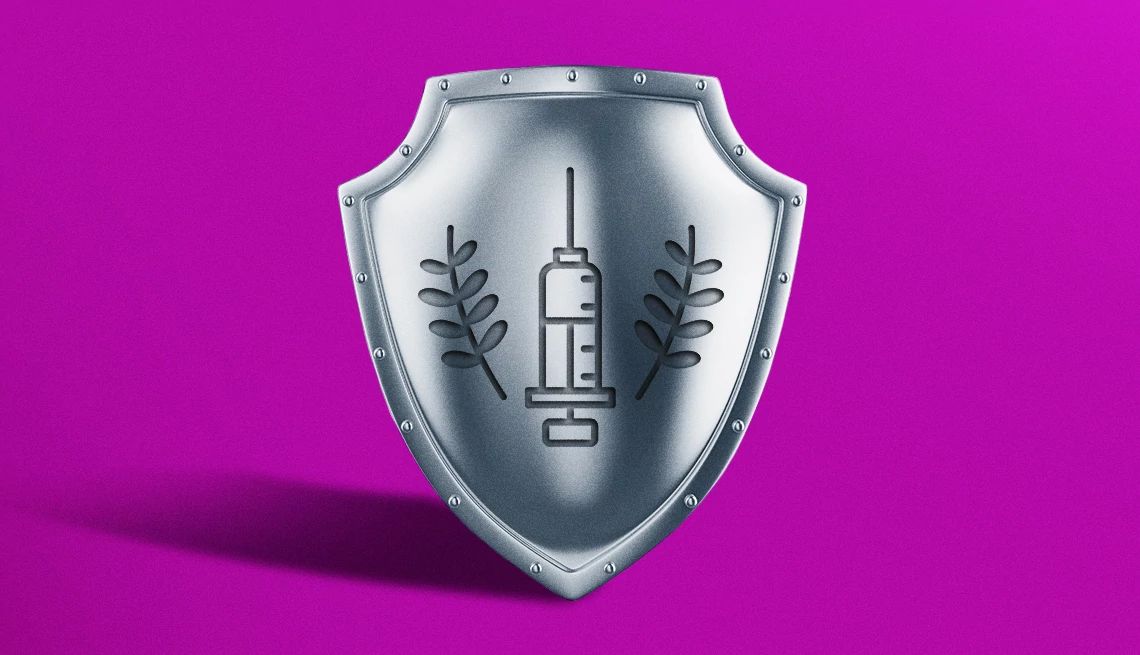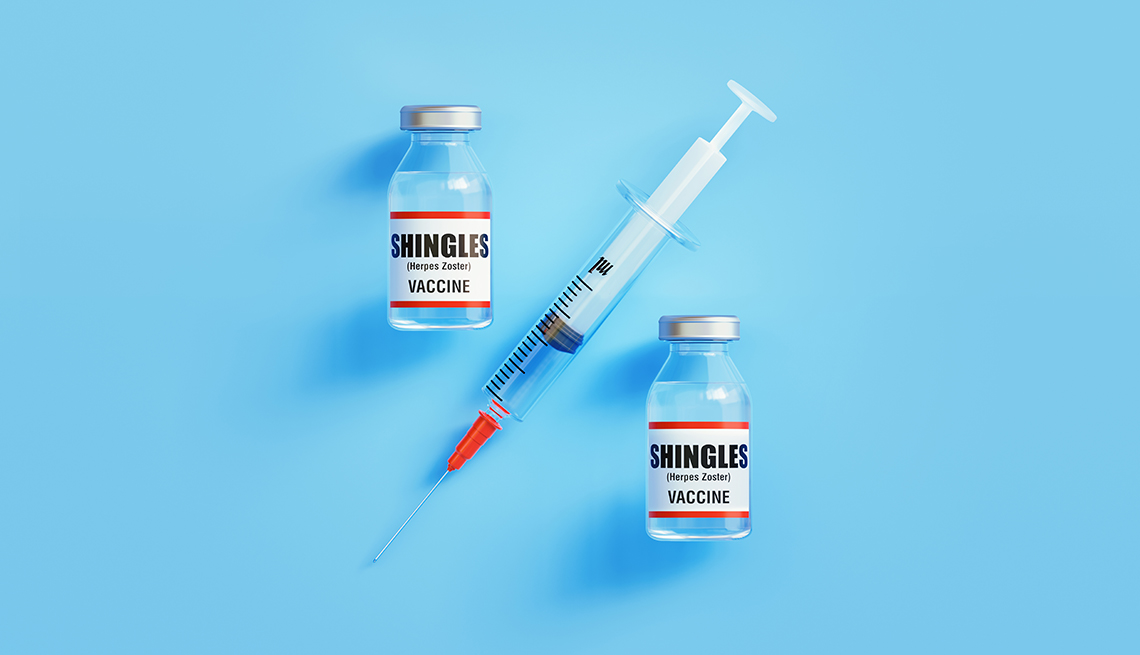AARP Hearing Center


For more than 30 years, nearly all babies in the U.S. have received a hepatitis B vaccine at birth, and ever since, rates of the serious liver infection have plummeted among children and adolescents.
“This strategy has been brilliantly successful,” says Dr. William Schaffner, an infectious disease specialist and professor of preventive medicine at Vanderbilt University School of Medicine.
But in a Dec. 5 meeting, a federal vaccine panel — with all new members appointed by Health and Human Services Secretary Robert F. Kennedy Jr. — voted to downgrade the longstanding recommendation, a move the American Academy of Pediatrics called “dangerous.”
The controversial meeting and decision has put the hepatitis B vaccine back in the spotlight. And while the panel’s vote focused only on childhood immunizations, it’s not just little ones who need the hepatitis B vaccine.
The Centers for Disease Control and Prevention (CDC) recommends the vaccine for all adults ages 19 to 59 and for many people 60 and older who are at higher risk of contracting the virus. Still, only about one-third of adults age 19 and older have received the vaccine, according to federal data. One possible reason for the low uptake is a lack of awareness.
“I think partially, it’s just a disease that is not as visible,” says David W. Hutton, professor of health management and policy at the University of Michigan’s School of Public Health. “It’s an infection we don’t talk a lot about in the U.S.”
As many as 2.4 million people in the U.S. are living with chronic hepatitis B, the Hepatitis B Foundation says, and each year, around 14,000 new cases are reported.
Here’s what you need to know about the vaccine and the disease it helps prevent.
What is hepatitis B?
Hepatitis B is a liver disease caused by the hepatitis B virus.
The virus can cause an acute infection that can make you sick enough to be put in the hospital, Schaffner says. In 2023, nearly half of all acute hepatitis B cases were among people ages 40 to 59, according to the CDC.
“It can also induce a smoldering infection that goes on undetected,” Schaffner says. “You feel perfectly fine, but the virus is slowly multiplying in the liver, causing slow damage such that, over the years, the body responds by putting fibrous tissue in that liver. And what that can result in is cirrhosis, or really severe liver damage down the road.”
In some instances, hepatitis B can lead to liver cancer. In fact, it’s the leading cause of liver cancer worldwide. “So the hepatitis B vaccine was actually our first anticancer vaccine,” Schaffner says.
What are the symptoms of hepatitis B?
Many people do not develop symptoms, and some experience mild symptoms that are similar to other common illnesses. Because of this, they may not know they are infected. In fact, about half of people with hepatitis B do not know they have it, according to the CDC.



































































))
))








)
)




More From AARP
Essential Vaccines for People 50-Plus
Vaccines adults need for protection against serious diseases
How Vaccines Actually Work
Understanding the powerful role vaccines play in disease prevention
Smart Guide to Vaccines for Adults Over 50
A comprehensive guide to vaccines and their benefits